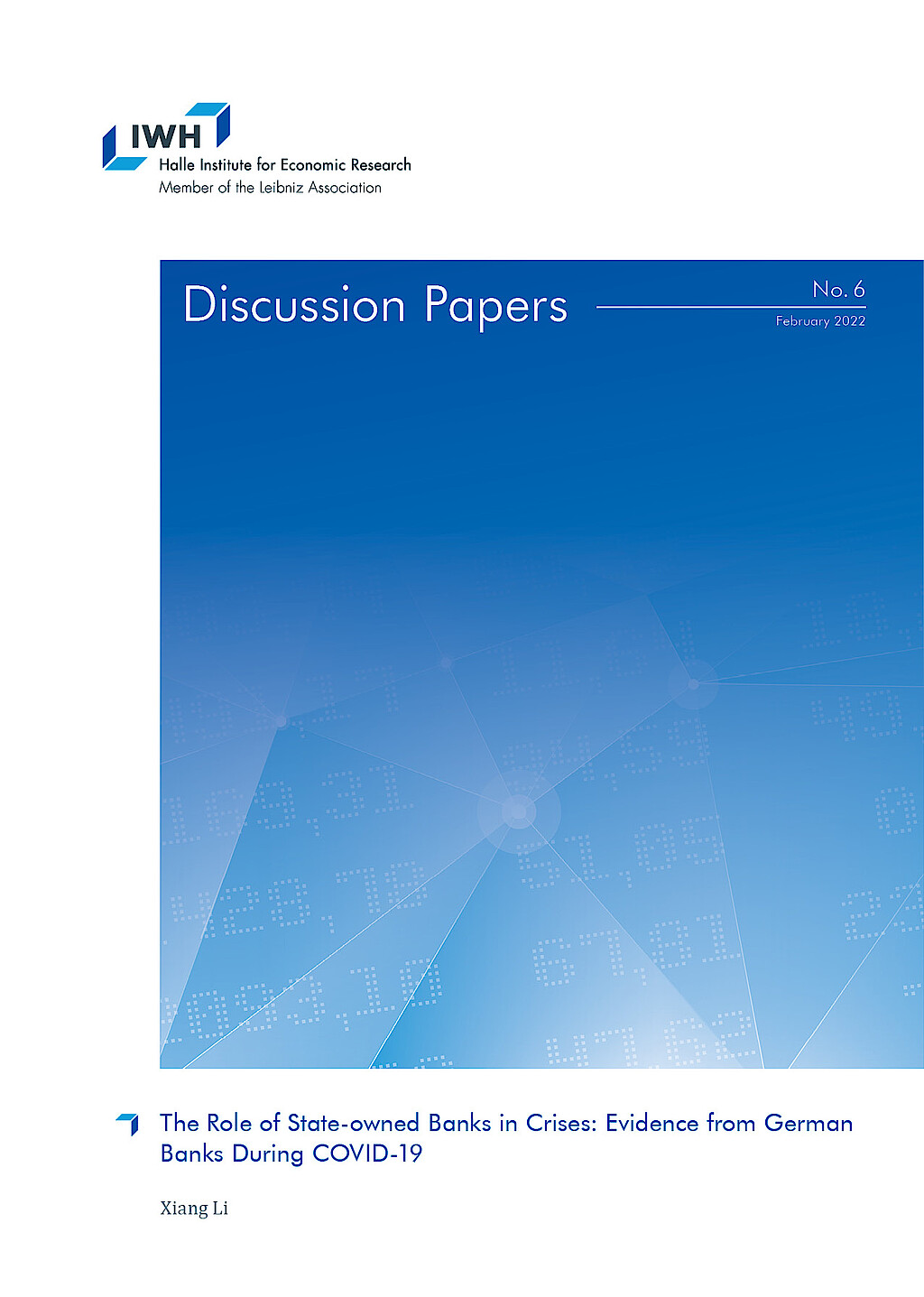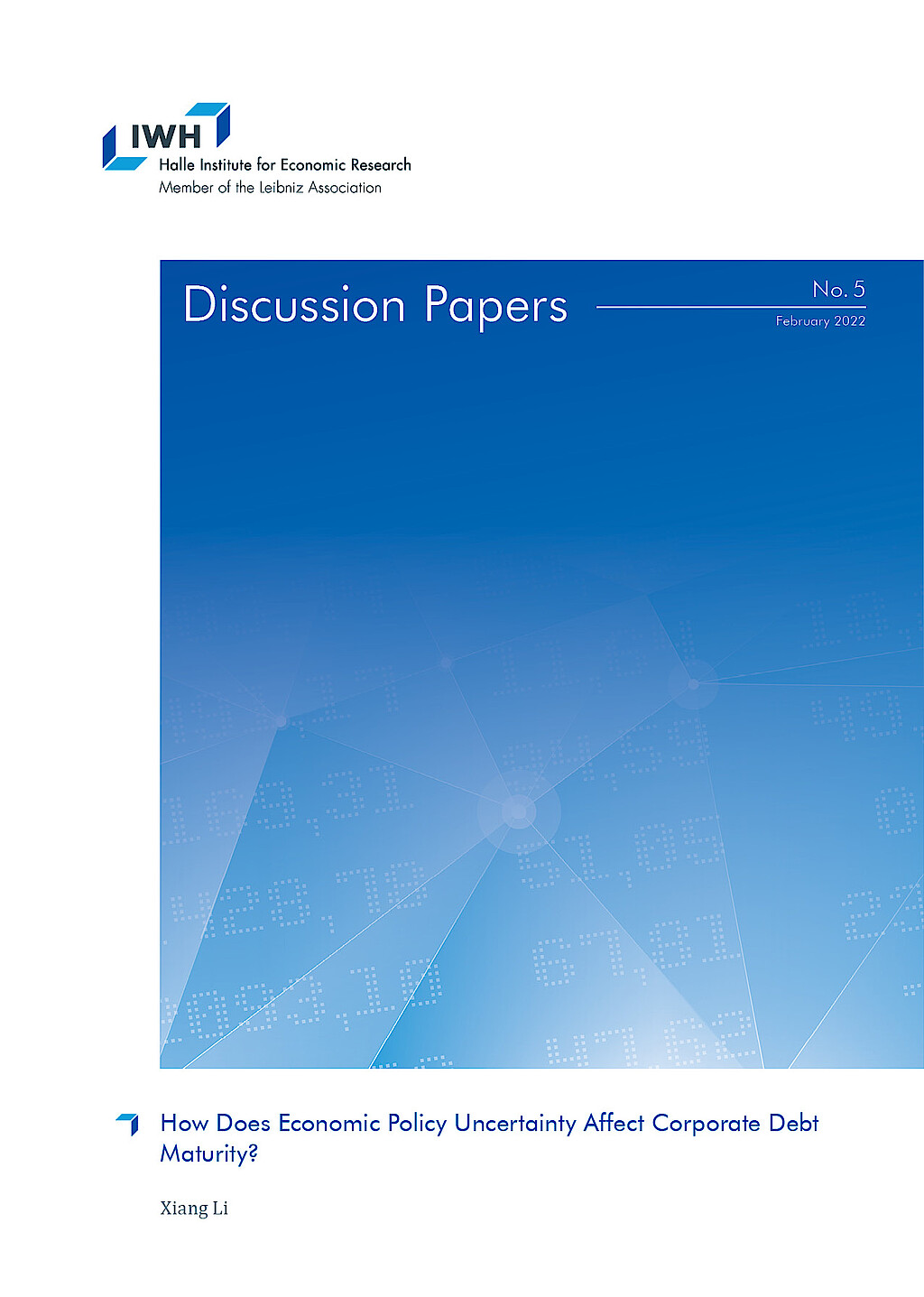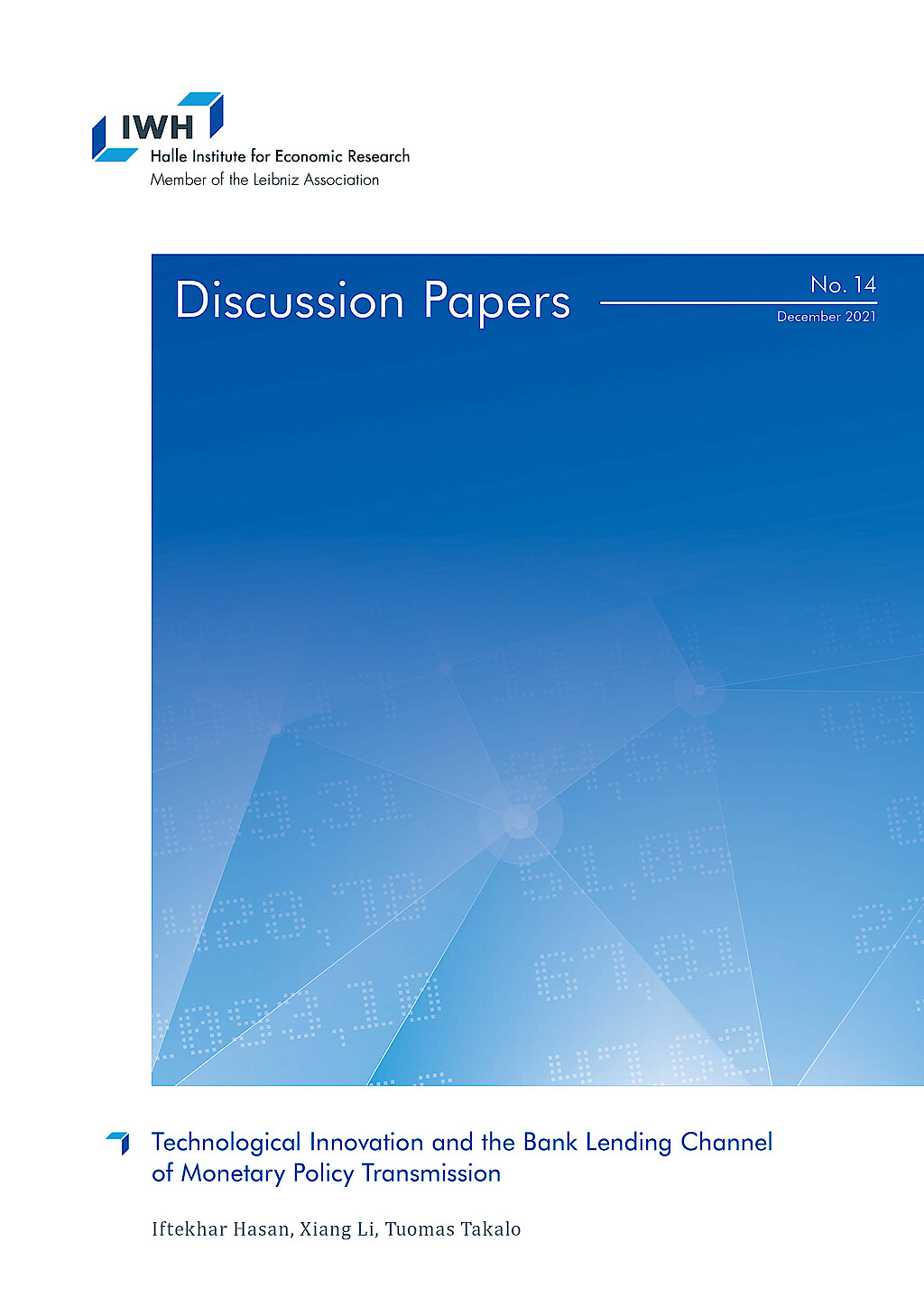Financial Integration, Economic Growth and Financial Stability
This research group investigates how international financial integration influences economic growth and financial stability. While theoretical models suggest that open capital markets lower financing costs and enhance risk-sharing, empirical outcomes often reveal more complex patterns. Many countries with liberalized capital accounts have not achieved faster growth, and recent crises have led to reversals in global capital flows.
The group addresses three central research questions: How does access to international capital shape firm productivity and sectoral development, particularly in capital-intensive industries? How do cross-border capital flows affect financial institutions in terms of risk-taking behavior, funding maturity, and systemic vulnerabilities? And how does the sequencing of capital account liberalization—such as opening to foreign direct investment before portfolio flows—impact financial resilience?
Research is based on detailed firm-level, bank-level, and cross-country macro-financial datasets. By integrating insights from international macroeconomics and financial development, the group contributes to a deeper understanding of the trade-offs and transmission channels involved in global capital mobility.
The findings aim to inform both academic discourse and the design of policy frameworks in a global context increasingly shaped by geopolitical uncertainty and shifting financial architectures.
Research Cluster
Productivity and InstitutionsYour contact

- Department Macroeconomics
Refereed Publications

What Does Peer-to-Peer Lending Evidence Say About the Risk-taking Channel of Monetary Policy?
in: Journal of Corporate Finance, 2021
Abstract
This paper uses loan application-level data from a peer-to-peer lending platform to study the risk-taking channel of monetary policy. By employing a direct ex-ante measure of risk-taking and estimating the simultaneous equations of loan approval and loan amount, we provide evidence of monetary policy's impact on a nonbank financial institution's risk-taking. We find that the search-for-yield is the main driving force of the risk-taking effect, while we do not observe consistent findings of risk-shifting from the liquidity change. Monetary policy easing is associated with a higher probability of granting loans to risky borrowers and greater riskiness of credit allocation. However, these changes do not necessarily relate to a larger loan amount on average.

From World Factory to World Investor: The New Way of China Integrating into the World
in: China Economic Journal, No. 2, 2017
Abstract
This paper argues that outward direct investment (ODI) is replacing international trade as the new way China integrates into the world. Based on two complementary datasets, we document the pattern of Chinese ODI. We argue that the rapid growth of China’s ODI is the result of strong economic development, increasing domestic constraints, and supportive government policies. Compared with trade integration, investment integration involves China more deeply in global business. As a new global investor, China’s ODI in the future is full of opportunities, risks, and challenges. The Chinese government should improve bureaucracy coordination and participate more in designing and maintaining international rules to protect ODI interests.
Working Papers

in: IWH Discussion Papers, No. 6, 2022
Abstract
By adopting a difference-in-differences specification combined with propensity score matching, I provide evidence using the microdata of German banks that stateowned savings banks have lent less than credit cooperatives during the COVID-19 crisis. In particular, the weaker lending effects of state-owned banks are pronounced for long-term and nonrevolving loans but insignificant for short-term and revolving loans. Moreover, the negative impact of government ownership is larger for borrowers who are more exposed to the COVID-19 shock and in regions where the ruling parties are longer in office and more positioned on the right side of the political spectrum.

How Does Economic Policy Uncertainty Affect Corporate Debt Maturity?
in: IWH Discussion Papers, No. 5, 2022
Abstract
This paper investigates whether and how economic policy uncertainty affects corporate debt maturity. Using a large firm-level dataset for four European countries, we find that an increase in economic policy uncertainty is significantly associated with a shortened debt maturity. Moreover, the impacts are stronger for innovation-intensive firms. We use firms’ flexibility in changing debt maturity and the deviation to leverage target to gauge the causal relationship, and identify the reduced investment and steepened term structure as the transmission mechanisms.

Technological Innovation and the Bank Lending Channel of Monetary Policy Transmission
in: IWH Discussion Papers, No. 14, 2021
Abstract
This paper studies whether and how banks’ technological innovations affect the bank lending channel of monetary policy transmission. We first provide a theoretical model in which banks’ technological innovation relaxes firms’ earning-based borrowing constraints and thereby enlarges the response of banks’ lending to monetary policy changes. To test the empirical implications, we construct a patent-based measurement of bank-level technological innovation, which can specify the nature of technology and tell whether it is related to the bank’s lending business. We find that lending-related innovations significantly strengthen the transmission of the bank lending channel.

Dilemma and Global Financial Cycle: Evidence from Capital Account Liberalisation Episodes
in: IWH Discussion Papers, No. 13, 2021
Abstract
By focusing on the episodes of substantial capital account liberalisation and adopting a new methodology, this paper provides new evidence on the dilemma and global financial cycle theory. I first identify the capital account liberalisation episodes for 95 countries from 1970 to 2016, and then employ an augmented inverse propensity score weighted (AIPW) estimator to calculate the average treatment effect (ATE) of opening capital account on the interest rate comovements with the core country. Results show that opening capital account causes a country to lose its monetary policy independence, and a floating exchange rate regime cannot shield this effect. Moreover, the impact is stronger when liberalising outward and banking flows.

China’s Monetary Policy Communication: Frameworks, Impact, and Recommendations
in: IMF Working Paper No. 18/244, 2018
Abstract
Financial markets are eager for any signal of monetary policy from the People’s Bank of China (PBC). The importance of effective monetary policy communication will only increase as China continues to liberalize its financial system and open its economy. This paper discusses the country’s unique institutional setup and empirically analyzes the impact on financial markets of the PBC’s main communication channels, including a novel communication channel. The results suggest that there has been significant progress but that PBC communication is still evolving toward the level of other major economies. The paper recommends medium-term policy reforms and reforms that can be adopted quickly.







